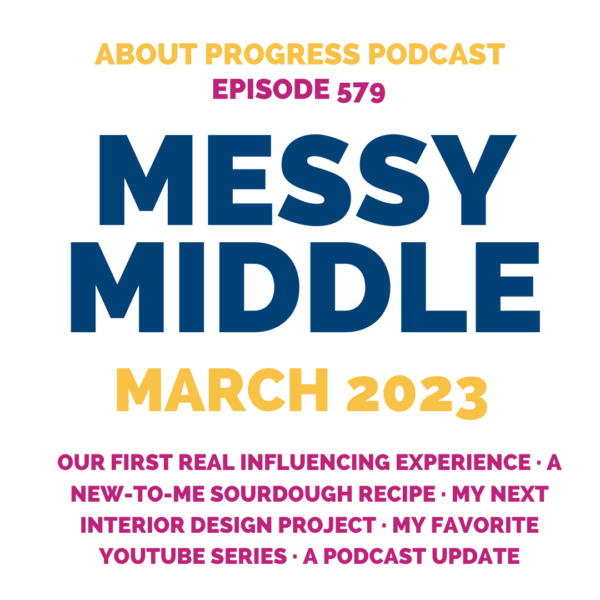We all know the amazing benefits of exercise: mental acuity, emotional release, increased strength, more consistent metabolism, confidence, and on and on.
But we don’t often talk about the effects of abusing exercise, a trap we can all so subtly fall into. This can happen through both over- and under-use, although much of this episode it devoted to abuse through too much (or too intense, too often) exercising.
Alongside my two expert guests–Meg Miles and Rachel Gainer–we discuss it all. How fitness is a powerful tool for good and so essential to our well-being; but also how abusing it can negatively alter our lives and become all-consuming. Learn through our discussion how to properly make exercise an important part of your life without letting it control you.
In this episode, there is a wealth of science, personal stories, and loads of take-aways. Our goal? To empower the listeners to view their bodies–and fitness–with love and “healthy enthusiasm.”
Our Take-Away Tips:
1) Get away from “all or nothing” thinking: Even your small efforts are moving you forward.
2) Find JOY: The best type of exercise for you is the kind that you love doing.
3) Learn how to REST: Your body needs it and it will tell you when it requires a break.
4) Clean up your environment: Who are you following on social media? Surround yourself with people who support and inspire you, but not the ones that wear you out or place more unneeded pressure on you.
You can listen to this podcast episode below, or on iTunes, Soundcloud, Stitcher, Pocketcasts, Googleplay, or search for “About Progress” wherever you get your podcasts. If you like the show, please subscribe!!
Show Notes:
Meg Miles’s website, blog, and Instagram
Past podcast interview with Meg
Rachel Gainer’s website and Instagram
Past podcast interview with Rachel
Articles on effects of overexercising on metabolism: here and here
SURVEY!
Monica’s Facebook and Instagram
Contact Monica
Free Audiobook through Audible! (Affiliate link)
More Podcast episodes from About Progress
Song Credit: “Sweet Promise” by Nicolai Heidlas




